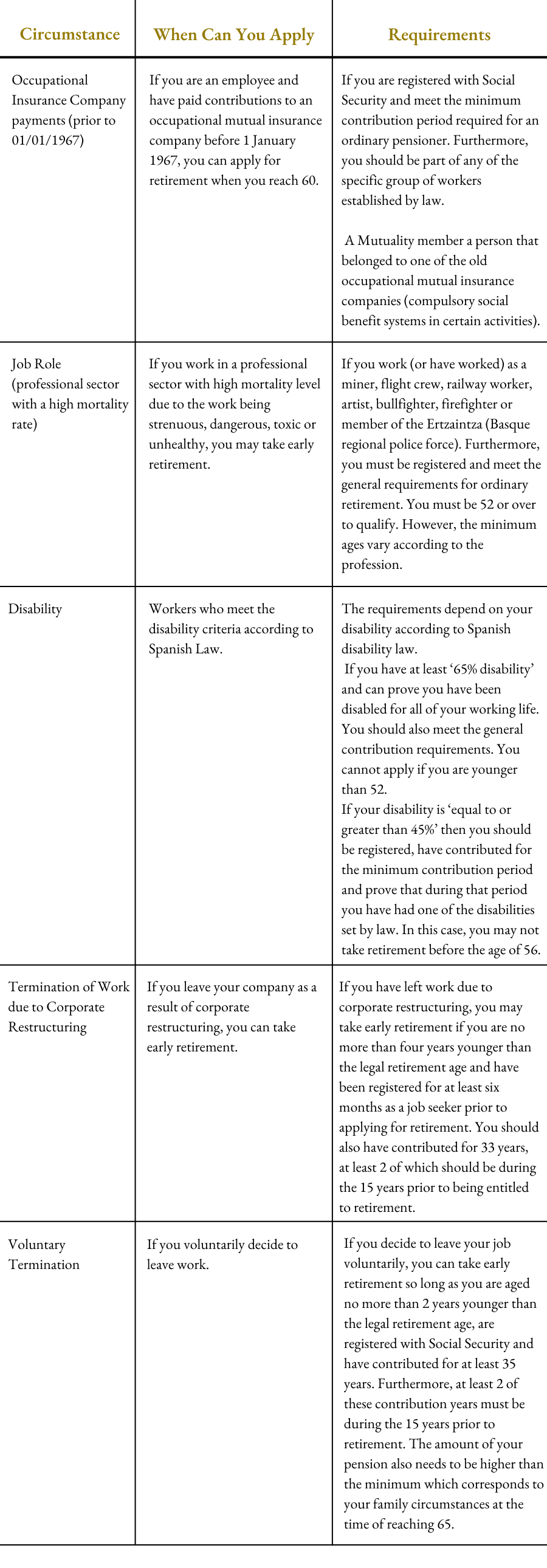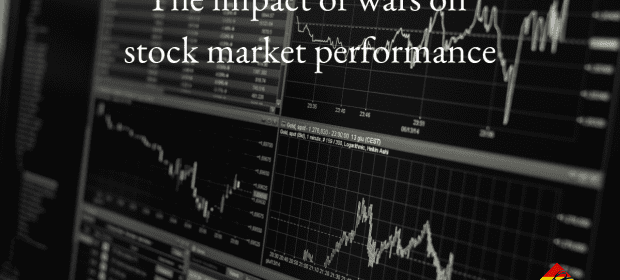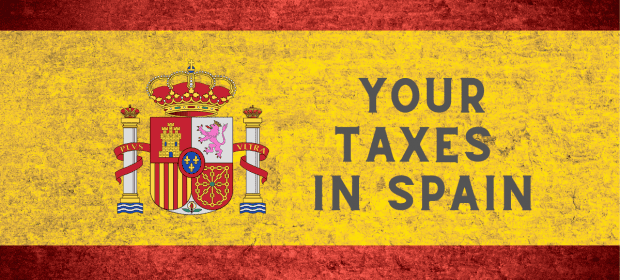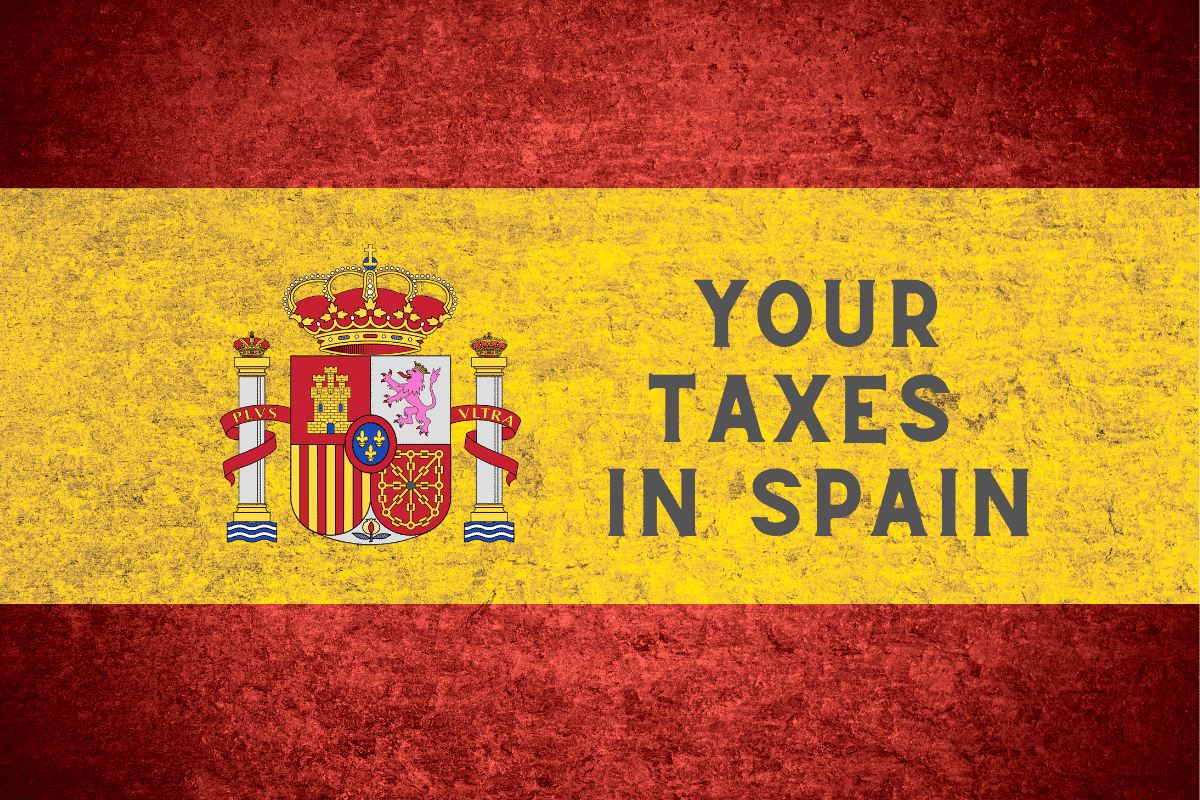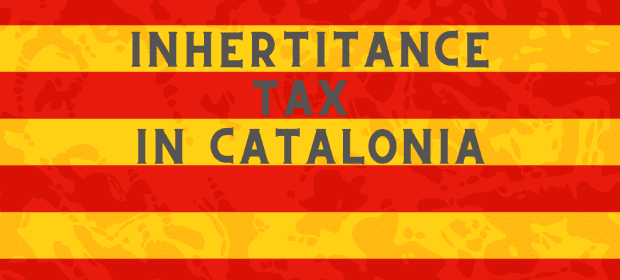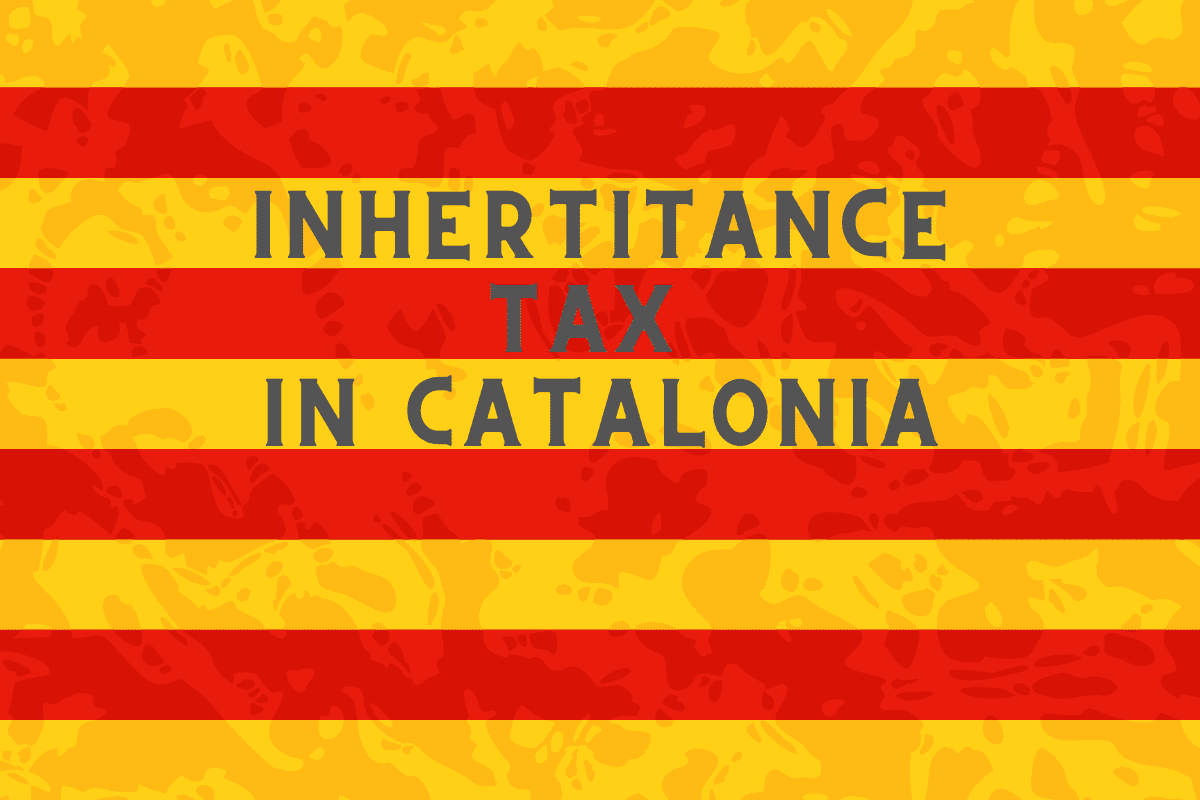90 Day Travel Rule
To summarise, unless you are a Spanish resident or have a visa you can no longer spend more than 90 days in Spain in a rolling 180-day period. This rule has particularly affected Brits who have holiday homes in Spain and used to come and go as they please. Now, it is important to plan your trips to Spain throughout the year to ensure that this 90 in 180-day rule is not broken. Furthermore, this rule does not only apply to Spain. It applies to everyone country in the Schengen Zone.
Brits who are non-residents must also now get their passports stamped as they enter and exit Spain. However, this is a temporary procedure. The EU are working on the European Travel Information and Authorization System (ETIAS), which is set to come in to force towards the end of 2022. This system will allow for the electronic tracking or arrivals and departures.
Spanish Residency Permits – Green Card and TIE
Those who were resident in Spain before the Brexit will keep their Spanish citizens’ rights. They should have the old green NIE card or a new TIE. The TIE, also known as the ‘Tarjeta de Identidad de Extranjero’ in Spanish, should state on it ‘Articulo 50’, meaning that it was issued as part of the Brexit Withdrawal agreement.
Although according to Spanish Law the green card remains valid, Brits have been encouraged to change it. Certain authorities have been said to no longer accept this card as suitable verification. Furthermore, the TIE is far more durable, can simplify administrative processes and acts as a valid form of ID as it contains a photo. In Spain, the law is that you must carry a form of ID when outside of your home. The TIE is allowable whereas the NIE ‘green card’ is not.
Spanish Residency Permits – Post-Brexit Arrivals
There are several ways in which you could apply for a residency permit post Brexit. However, although far from impossible, it must be said that this process is significantly more complicated than if you had arrived pre-Brexit. Working visas have proved challenging to obtain and, depending on your individual circumstance, sponsorship may be required.
If you are retired, you may be able to apply for a Non-Lucrative Visa and Residency Permit. To qualify, you must prove that you are financially stable (with sufficient resources to support yourself moving forward) and have suitable medical insurance along with a clean police record. It is also imperative that you go through the application process in the UK, before arriving in Spain.
Another option is the Golden Visa. You must invest a minimum of €500,000 into a qualifying investment scheme or property. If you were the obtain the Golden Visa, you would not need to abide by the 90 in 180-day rule and you could enter and exit Spain as you please. Please note that this does not give you freedom of movement around Europe, but only in Spain.
If you would like to speak with a Financial Adviser in Spain, Chris Burke is experienced, qualified and legally able to discuss your financial matters. Chris is also able to review your current pensions, investments and other assets, with the potential to make them more effective and tax efficient moving forward.
If you would like to find out more or to talk through your situation and receive expert, factual advice about living in Spain after Brexit, don’t hesitate to get in touch with Chris via the form below – or click the button below to make a direct virtual appointment here.




